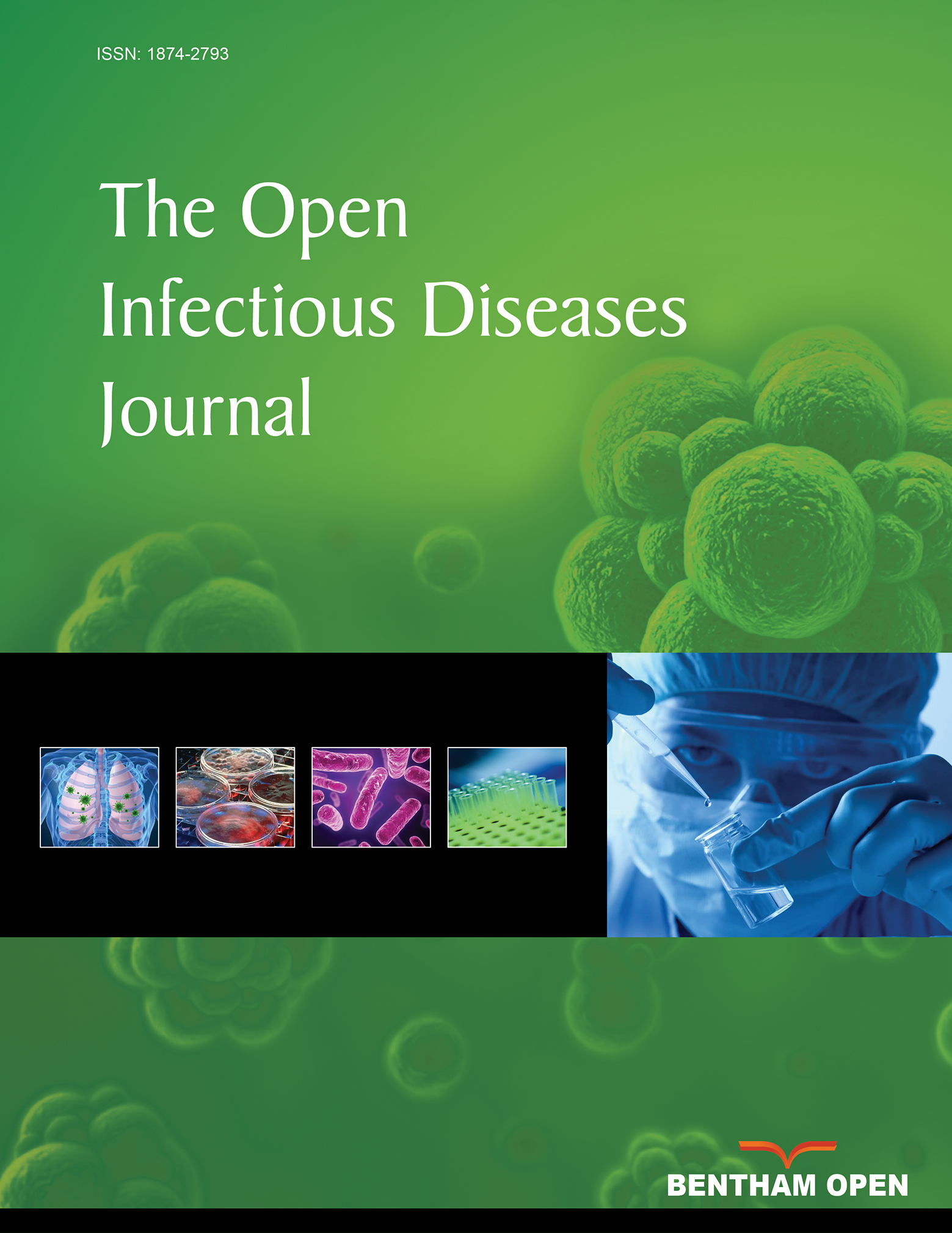All published articles of this journal are available on ScienceDirect.
Antibiotic Prophylaxis with Quinolones in Afebrile Neutropenic Patients: Is there Enough Evidence for Mortality Effect?
Abstract
Febrile neutropenia causes significant morbidity and mortality in patients receiving antineoplastic chemotherapy. During the last decade, some trials have shown reduction in febrile episodes and bacteraemia with antibiotic prophylaxis. On the other hand, the emergence of fluoroquinolone-resistant bacteria in units practicing quinolones prophylaxis has been described and there is justified concern about the implications of this fact. Recent published guidelines now recommend quinolones prophylaxis for patients with neutropenia expected to last as least 7 days. They are based in a meta-analysis of placebo-controlled or no treatment-controlled trials of quinolone prophylaxis, which demonstrated risk reduction in mortality among drug treated recipients. In contrast, previous meta-analyses and the two major trials with two thirds of the number of patients of the largest meta-analysis failed to show this survival advantage. Using two sensitive tests, Egger's and Trim and Fill methods, we found a “small study effect” which acts exaggerating and making the result positive when they are probably neutral. In spite of the considerable number of trials and reviews involving prophylactic antibiotics for neutropenic patients, available evidence is hypothesis generator but not sufficient to state there is mortality benefit.


